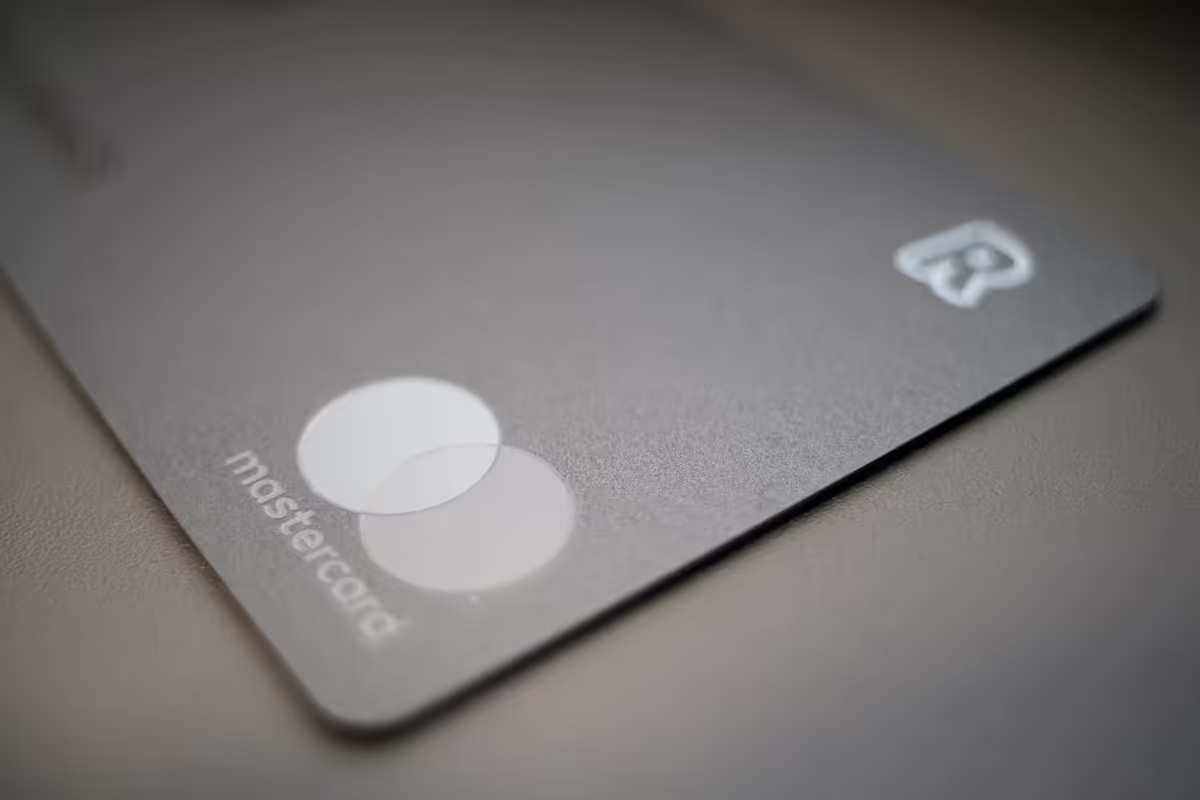
Kudos has partnered with CardRatings and Red Ventures for our coverage of credit card products. Kudos, CardRatings, and Red Ventures may receive a commission from card issuers. Kudos may receive commission from card issuers. Some of the card offers that appear on Kudos are from advertisers and may impact how and where card products appear on the site. Kudos tries to include as many card companies and offers as we are aware of, including offers from issuers that don't pay us, but we may not cover all card companies or all available card offers. You don't have to use our links, but we're grateful when you do!
Does Having Unused Credit Cards Affect Your Credit Score?
July 1, 2025


Quick Answers
Keeping an unused credit card open can improve your credit score by lowering your credit utilization ratio, a key factor in credit calculations.
However, card issuers may close inactive accounts, which could harm your score by reducing your total available credit and shortening your credit history.
To maintain the benefits, use each card for a small, occasional purchase to keep the account active and in good standing.
What Does It Mean to Have an Unused Credit Card?
An unused credit card is simply an open line of credit that you are not actively making purchases with. This might be a card you originally opened for a sign-up bonus, a store card for a retailer you no longer frequent, or an older account you've kept for its history. While it sits dormant in a wallet or drawer, the account remains active on your credit report unless it is officially closed.
These inactive accounts are directly tied to your financial health because they impact key factors that determine your credit score. Specifically, they contribute to your overall credit utilization ratio and the average age of your credit history. An unused card with a zero balance can help keep your utilization low and, if it's an older account, can lengthen your credit history, both of which are viewed favorably.
How Unused Credit Cards Can Affect Your Credit Score
Keeping a credit card open but unused might seem harmless, but it can have surprising effects on your credit score. Here’s a look at how an inactive account can impact your financial health.
Initial State & Utilization: An open, unused card initially helps your score by increasing your total available credit. This lowers your credit utilization ratio, a key factor in credit scoring models.
Prolonged Inactivity: If the card remains dormant for an extended period, the issuer may flag the account. Lenders often prefer to see some activity to justify keeping the credit line open.
Issuer-Initiated Closure: After a period of inactivity, the credit card company may decide to close your account. They do this to manage their own risk and cut ties with unprofitable accounts.
Credit Score Impact: The account closure reduces your total available credit, which can raise your credit utilization ratio. It can also lower the average age of your credit accounts, potentially causing your score to drop.
How Much Will Having Unused Credit Cards Affect Your Credit Score?
The impact of an unused credit card on your credit score depends on several factors. Here are the key considerations to keep in mind when deciding what to do with inactive plastic.
- Credit Utilization Ratio: An open, unused card increases your total available credit, which can lower your overall credit utilization ratio. A lower ratio is generally viewed favorably and can help boost your score.
- Length of Credit History: Keeping older accounts open contributes positively to the average age of your credit history. A longer history demonstrates financial stability and is a key factor in credit scoring models.
- Risk of Closure: Card issuers may close inactive accounts, which can suddenly increase your credit utilization ratio. This unexpected closure could negatively affect your score, so occasional, small purchases can be beneficial.
How You Can Avoid Having Unused Credit Cards Affect Your Credit Score
Keep Old Accounts Open
To maintain a long credit history, keep your oldest credit cards open, even if you don't use them often. Make a small, occasional purchase and pay it off immediately. This keeps the account active and positively contributes to your credit score's age factor.
Close Newer Cards First
If you must close an account, choose one of your newer cards. Closing an older card can shorten your average credit history length, which may lower your score. Prioritizing newer accounts for closure minimizes the impact on your credit history's longevity.
Request a Product Change
Instead of closing a card with an annual fee, ask your issuer for a product change to a no-fee card. This allows you to keep the credit line and account age intact, preserving your credit history without the yearly cost of an unused card.
Ways to Improve Your Credit Score
No matter your current financial standing, it is always possible to improve your credit score with a few proven methods. With consistent effort and positive financial habits, most people can see meaningful changes within a few months.
- Pay your bills on time. Payment history is the most significant factor in your score, so making timely payments is critical. Setting up automatic payments is a great way to ensure you never miss a due date.
- Reduce your credit utilization. Aim to use less than 30% of your available credit across all your accounts. Paying down balances is one of the quickest ways to boost your score.
- Check your credit reports for errors. Regularly obtain your free credit reports from the three major bureaus and dispute any inaccuracies you find. Correcting errors can sometimes provide an immediate score increase.
- Limit applications for new credit. Too many hard inquiries in a short time can temporarily lower your score. Use prequalification tools to shop for rates without an impact and space out your applications.
- Maintain a mix of credit types. Lenders like to see that you can responsibly handle different kinds of credit, such as revolving credit cards and installment loans. A diverse credit mix can have a positive long-term effect on your score.
The Bottom Line
While unused credit cards can help your credit score by improving your credit utilization and account age, they still require management to avoid potential fees and security risks.
Frequently Asked Questions
Should I close my unused credit cards?
It's often better to keep them open. Closing an old card can shorten your credit history and increase your credit utilization ratio, potentially lowering your score.
Does having a zero balance on a card help my score?
Absolutely. A zero balance demonstrates responsible credit management and contributes positively to your credit utilization ratio, which is a major factor in your credit score.
Can my credit card issuer close my inactive account?
Yes, card issuers can close accounts due to prolonged inactivity. To prevent this, try making a small purchase on the card every few months.

Supercharge Your Credit Cards
Experience smarter spending with Kudos and unlock more from your credit cards. Earn $20.00 when you sign up for Kudos with "GET20" and make an eligible Kudos Boost purchase.
Editorial Disclosure: Opinions expressed here are those of Kudos alone, not those of any bank, credit card issuer, hotel, airline, or other entity. This content has not been reviewed, approved or otherwise endorsed by any of the entities included within the post.





















.webp)
.webp)
.webp)
.webp)















